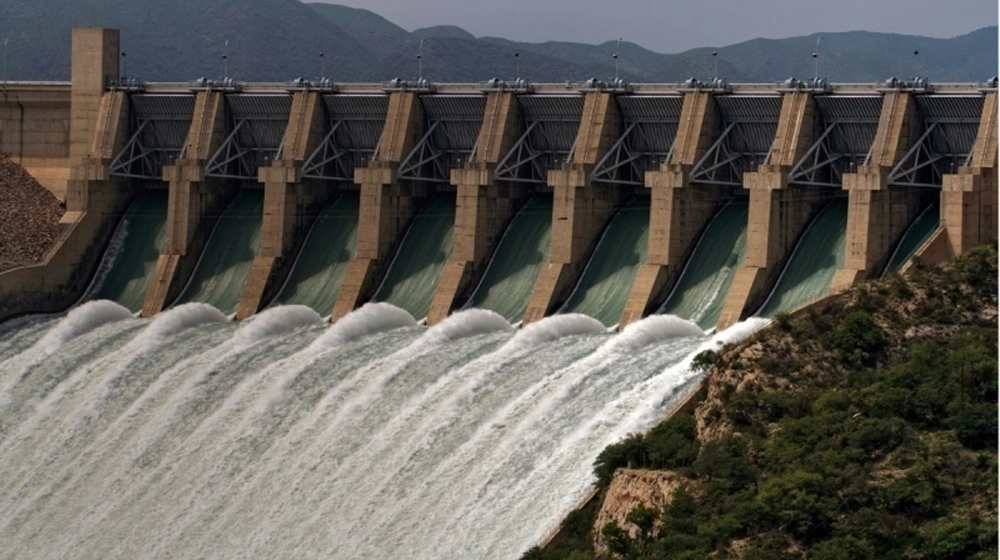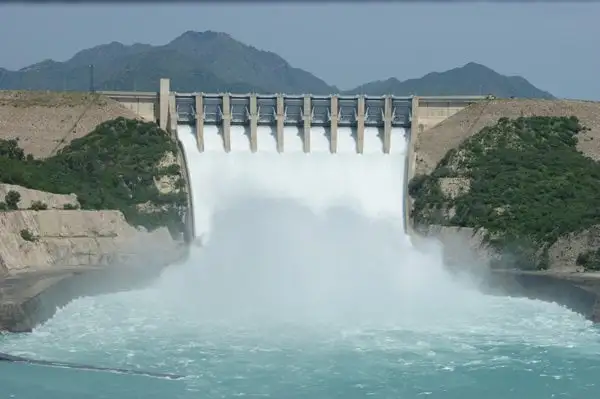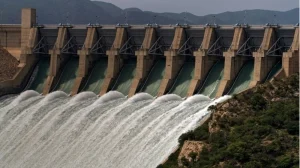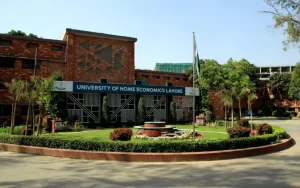
The International Monetary Fund (IMF) has formally rejected Pakistan’s proposal to impose a 1 percent water storage cess on all taxable goods aimed at financing the construction of major hydropower and water reservoir projects, including the Diamer-Bhasha, Mohmand, and proposed Chenab dams.
The decision marks a significant setback for Pakistan’s water infrastructure ambitions, with the IMF instead recommending an increase in the general sales tax (GST) rate from the current 18% to cover any additional funding needs.
IMF Flags Legal, Governance, and Revenue Control Concerns
Reports quoted by The Express Tribune show that the IMF disagreed with the nature and structure of the proposed water cess, with regard to legal inconsistency, governance risks and inadequacy. of fiscal flexibility. The Fund strongly opposed giving revenue collection authority to the Water and Power Development Authority (WAPDA), which it sees as bypassing Pakistan’s formal tax system and accountability mechanisms.
Rather than introduce new levies outside the current tax framework, the IMF advised Islamabad to either:
-
Reallocate development funds from within the Rs. 1 trillion Public Sector Development Program (PSDP); or
-
Raise the standard GST rate, a move that would likely impact all consumers nationwide.
Massive Shortfall in Dam Funding
Pakistan’s plan to impose the cess was rooted in the urgent need to close a staggering funding gap of Rs. 1.35 trillion for three of its flagship dam projects:
Diamer-Bhasha Dam
-
Original Estimate: Rs. 479 billion
-
Revised Estimate: Rs. 1.1 trillion+
-
Current Allocation (FY25): Rs. 25 billion
-
Shortfall: Rs. 365 billion on old estimate
Mohmand Dam
-
Approved Cost: Rs. 310 billion
-
Additional Requirement: Rs. 173 billion
-
Current Allocation: Rs. 35.7 billion
Chenab Dam (Proposed)
-
Expected Cost: Rs. 220 billion
-
Funding Allocated: None (yet)
Despite the rising urgency amid climate challenges and growing water scarcity, the government has only allocated a fraction of the required funds in its FY2025 budget. With construction timelines slipping and inflationary pressures mounting, stakeholders fear that delays could further escalate project costs.

Alternative Funding Under Consideration: GIDC Reserves
With the IMF blocking the water cess, Pakistani authorities are now exploring legal amendments to the Gas Infrastructure Development Cess (GIDC) Act to redirect over Rs. 400 billion in unutilized collections toward dam development.
This potential reallocation, however, may also raise legal challenges, as GIDC collections were originally earmarked for gas infrastructure, and any diversion could attract litigation.
Experts Warn of Long-Term Implications
Economists and energy analysts have expressed concern over the IMF’s latest stance, arguing that Pakistan’s infrastructure development cannot rely solely on regressive taxation or foreign debt. Instead, they suggest a transparent, national-level consensus on water and energy projects is essential.
“Without large-scale water reservoirs, Pakistan’s food and energy security remain at risk,” said an energy policy expert based in Islamabad. “We must find a politically and economically viable path to fund these mega projects.”









